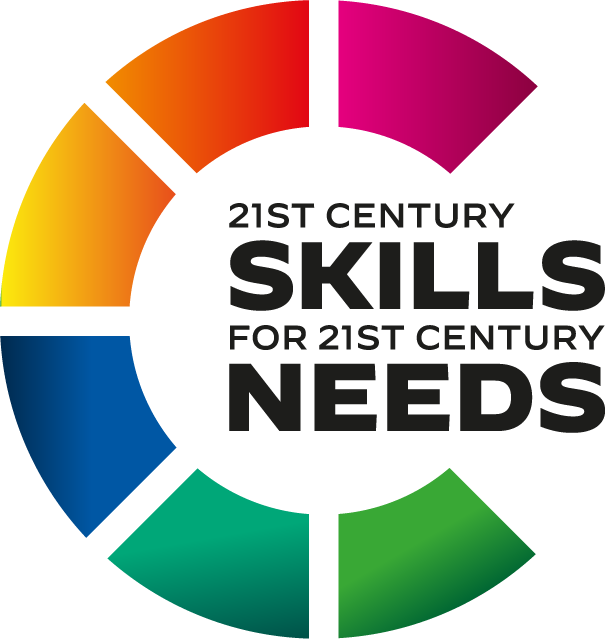Chemistry Study Pack - UK
Written by Dave Strong
What 21st Century Skill is this addressing?
Character
The problem(s)
Many students across Europe are leaving school deficient in character-based skills such as independence, resilience and self-reflection.
Another issue faced is that of teachers having high workloads, primarily due to marking.
Thirdly, feedback from teachers to students is often delayed by days or even weeks, which can result in information being incorrectly learned or misconceptions arising that take substantial further learning to undo.
The Solution(s)
To combat these issues, specifically for teaching older years, Anders and I decided to go to our respective schools and try methods for building students’ character and cut down on teacher’s marking, as well as giving quicker feedback to students.
I started by collating all the homeworks I would normally give a student for a topic, and combining them into large packs of questions, with an exercise per topic that we were currently studying. The front of the pack outlined what parts of the specification/curriculum the pack covered, and how to use the pack.
Each lesson I would give them a homework to complete the next 1-2 exercises in the pack. Previously, I would have had to collect these in once completed, mark them, and return them, often taking a week or two for the full process. Instead, I provided a QR code on the front of the pack that linked to the answers in a PDF. Their homework included having to mark their own work. I made sure to outline to students the level of privilege they were being given, and that cheating and just copying out the answers was of course possible, but would only end up with them cheating themselves when it came to a test.
I also asked them to set themselves a target at the end of each pack of questions, and to upload this to the same online portal that they put SMART targets from progress meetings and parents evenings.
To combat serial cheaters, each half term (approx. every 6 weeks) for each class, I complied test for them to complete on the material covered so far. Half of the time, this test was open-book and I gave the students a week to complete it. The other half of the time, it was closed book, 1 hour, under exam conditions. This allowed me to see if they had understood the topic, and also assess their exam technique separately from their understanding of the topic.
Feedback and conclusions
The next lesson after setting a homework, I only had to spend 5 minutes circulating the room and checking the students had done their marking. I saved hours every week on marking work, far less than the time spent making the packs of exercises.
The response from the students was that the much preferred receiving instant feedback of their mistakes so they did not continue to make the same mistakes. They loved being given the freedom to assess their own work in their own time.
Although I had included my usual range of difficulties for the questions, I had also included some optional extension questions for many of the exercises that were very hard. My more able students loved the ability to do much harder questions without needing to ask for them or seek them out.
The students’ grades from the open-book and closed-book tests seemed to show no overall change in their performance, demonstrating how the students had taken on this portion of their learning with no negative side effects.
Overall, I feel that the students gained valuable independence and self-reflection skills, whilst not being negatively affected academically….and I gained all my evenings and weekends back!

































































